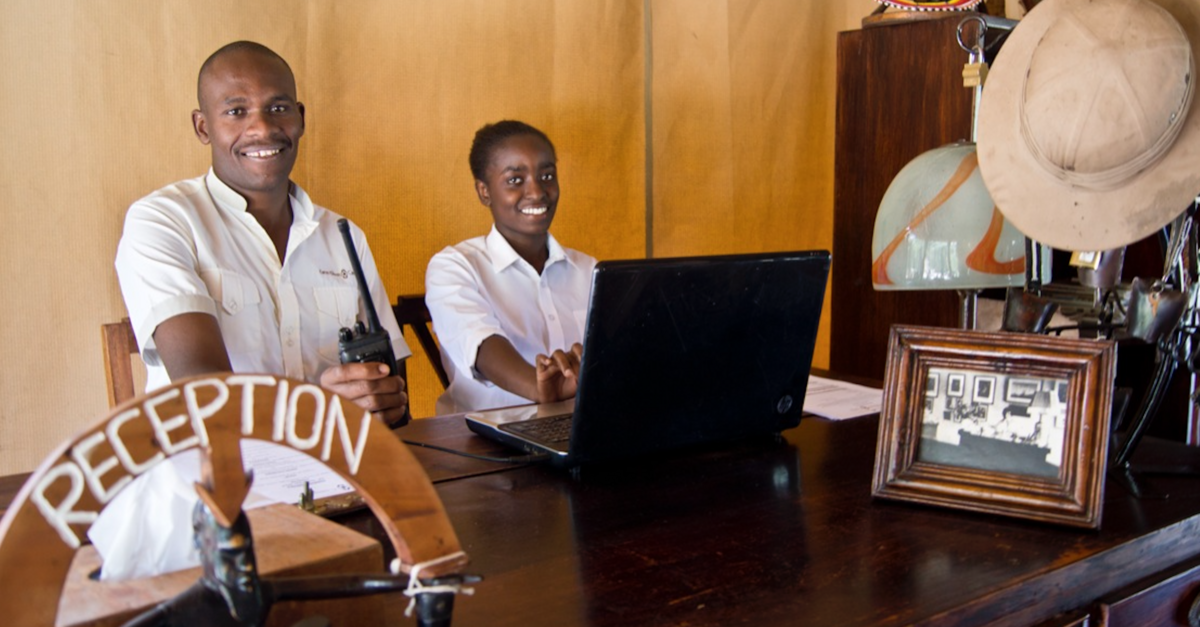Strategizing Grand Societal Challenges in the Maasai Mara: international business and local communities
A practice-theoretical study on the co-evolution of international businesses’ and local communities’ strategies.
by
Associate Professor Toke Bjerregaard, Department of Management, Aarhus University
Postdoctoral Fellow Sebastian Öttl, Department of Management, Aarhus University
As part of the MMSDI network, Toke Bjerregaard and Sebastian Öttl are realizing a study on how international firms and local actors strategically address grand societal challenges in the Maasai Mara.
Given the increasing presence of international tourism and hospitality firms in the Maasai Mara, the study is specifically interested in these firms’ conservation strategies. Though often embracing conservancy-based eco-tourism as a business model, international firms depend on the Mara communities’ diverse actors to participate in their efforts to tackling wicked ecological, social and economic problems. Therefore, the study also explicitly considers these actors’ conservation strategies and how they relate to those realized by international firms.
Rooted within a theory-of-practice approach, the study understands these conservation strategies as a continuous social accomplishment. They are realized by multiple actors in collaborative and separate strategizing episodes. It therefore analyzes the strategic activities and practices by international firms and other actors involved in the processes of strategy making. By decentralizing the “what” of formalized strategies, such an approach can focus on the “how” and draw a rich picture of the processes and practices underlying the emergence of local conservation strategies – critical for effectively addressing grand societal challenges in general.
The above described study stretches over a period of approximately one year. In terms of data collection in the Maasai Mara, the researchers plan for two, potentially three field trips. The first, exploratory phase has been realized by Sebastian Öttl during a three-week fieldtrip during October-November 2018. Based on a number of meetings with international tourism firms and conservancy representatives, a first research theme around conservation strategies’ underlying spatial arrangements and the construction of so-called territories of concernemerged. The research team will follow up on this and related topics during a second, refined phase in February-March 2019. Depending on the insights generated by these two field trips and the advancement of data analysis, first consolidated results are to be expected and distributed by fall 2019.
With this study – which is part of their larger research program on “Strategizing Grand Societal Challenges in & around International Firms” – Toke Bjerregaard and Sebatian Öttl expect to considerably contribute to better understanding (1) international firms’ contribution to (2) the distributed, not necessarily coordinated practice of collaborative partnering (SDG 17) in the Maasai Mara, as well as to (3) the dispersed emergence of conservation (SDG 15) and other strategies for tackling grand societal challenges.
